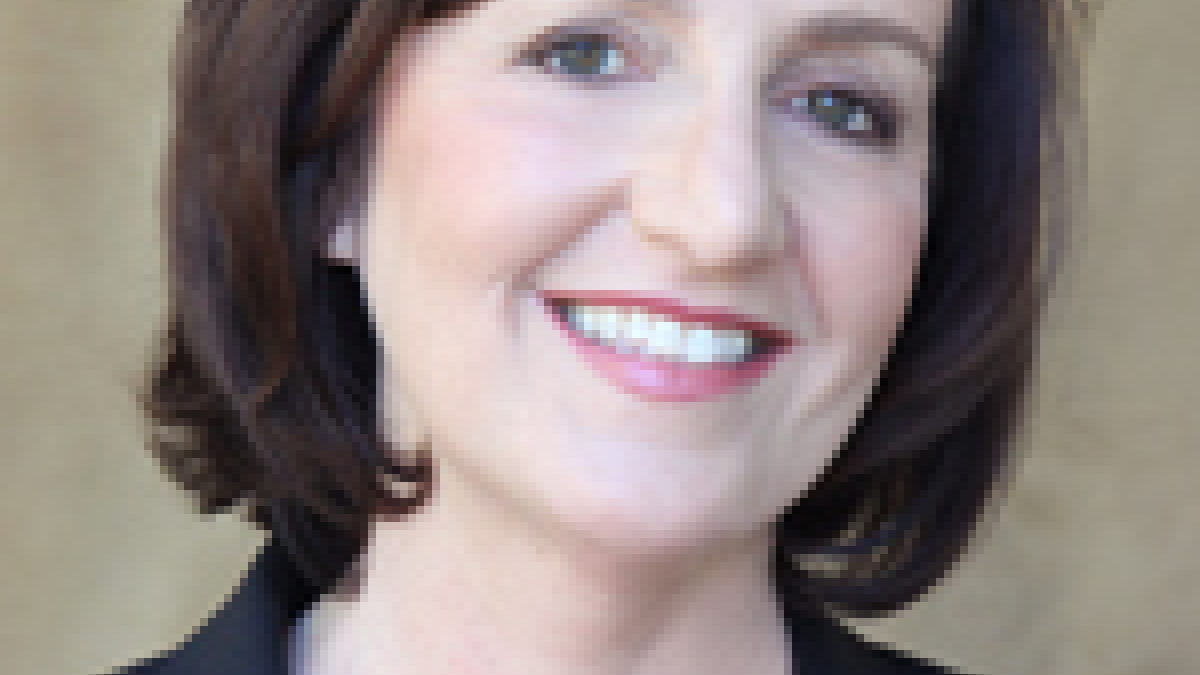Grey, Canby elected to American Law Institute

Professor Betsy J. Grey of ASU's Sandra Day O’Connor College of Law and College of Law founding faculty member William C. Canby Jr., a judge on the United States Court of Appeals for the Ninth Circuit, recently were elected as new members of the American Law Institute.
As part of its 90th anniversary celebration, the institute announced the election of 69 new members, including 15 jurists, 29 practicing lawyers and 25 scholars. Grey and Canby were two of only four selected from Arizona.
The institute recognized Grey for various accomplishments, but particularly her recent scholarly work, which has focused on the study of no-fault compensation systems in the United States, as well as the impact of advancements in neuroscience on tort law. Grey was named the College of Law’s Alan A. Matheson Fellow in 2011 in recognition of her contributions to scholarship, teaching and service to the law school community.
The ALI cited Canby’s formidable expertise in Indian law and his distinguished service on the bench as factors in his election as a member of the institute.
“I applaud the ALI for adding these distinguished scholars and jurists to their ranks,” said dean Douglas Sylvester.
Professor Myles Lynk, a past member of the institute’s council, nominated Grey.
“Betsy Grey is a wonderful colleague, whose scholarship and service are also enhanced by her prior experience in the practice of law,” Lynk said.
Grey said she was honored to be elected.
“From the first day in law school, you learn the importance of the Restatements of Law adopted by the institute and their influence on the development of legal rules and principles,” Grey said. “I am excited to be given the opportunity to participate in that process.”
Canby said he was excited to be involved with the institute.
"I am pleased and honored to become a member of the American Law Institute, which has done so much valuable work in the past,” Canby said. “I am particularly enthusiastic about my further participation as an adviser to the upcoming Restatement Third, The Law of American Indians."
The institute, made up of 4,000 lawyers, judges and law professors, is the leading independent organization in the United States producing scholarly work to clarify, modernize and otherwise improve the law.
According to their website, members of the ALI have opportunities to influence the development of the law in both existing and emerging areas, to work with other eminent lawyers, judges and academics, to give back to a profession to which they are deeply dedicated and to contribute to the public good.
Grey and Canby join nine other College of Law professors who are members, including Paul Bender, Charles Calleros, Ira Ellman, Myles Lynk, Gary Marchant, Jonathan Rose, Douglas Sylvester, Rebecca Tsosie and James Weinstein.
Grey publishes and teaches on issues of tort law, products liability and mass tort litigation, as well as neuroscience and law, and has presented to judicial conferences and other professional groups on these issues. Her recent scholarly work has focused on the study of no-fault compensation systems in the United States, as well as the impact of advancements in neuroscience on tort law. She also has taught products liability as part of a common law program to law students in France.
Before joining the College of Law, Grey was a commercial litigator at the Washington, D.C. law firm of Shea & Gardner, and a trial attorney for the Civil Division of the U.S. Department of Justice through the Honors Program, where she represented federal agencies and officials in litigation involving constitutional, statutory and regulatory issues. A former articles editor of the Georgetown Law Journal, Grey clerked for Judge Frank M. Johnson Jr. of the 5th U.S. Circuit Court of Appeals.
Grey is a member of the Professional Editorial Board for Jurimetrics: The Journal of Law, Science, and Technology.
Canby graduated summa cum laude from Yale University in 1953, and from the University of Minnesota Law School in 1956, Order of the Coif. He served two years as a Judge Advocate General in the U.S. Air Force, then clerked for Associate Justice Charles Evans Whittaker on the U.S. Supreme Court from 1958-59.
During his tenure as a law clerk, the Supreme Court decided Williams v. Lee, a case that sparked Canby’s lifelong interest in Indian law. He returned to Minneapolis and practiced law at Oppenheimer, Hodgson, Brown, Baer & Wolf.
In 1962, Canby and his wife, Jane, helped establish the Peace Corps in Africa, serving first in Ethiopia, then as a director in Uganda. Returning to the United States, he served as Special Assistant to Sen. Walter F. Mondale, then as an assistant to Harris Wofford, President of State University of New York at Old Westbury.
Canby came to Arizona in 1967 as a founding faculty member of ASU’s College of Law, taught the first classes in Indian law and was instrumental in the creation of the Indian Law Program. He also devoted numerous hours to assisting Arizona farmworkers and other citizens in need of legal help. While at ASU, Canby visited Uganda as a Fulbright Professor of Law at Makerere University (1970-71). In 1999, he returned to Ethiopia in an attempt to facilitate peace during the war between Eritrea and Ethiopia. In 1980, President Jimmy Carter appointed him to the 9th U.S. Circuit Court of Appeals.
Canby has become known as an expert in American Indian law. He has testified before Congress and authored law review articles, a major textbook and "Canby’s American Indian Law in a Nutshell," now in its fifth edition. While still a professor at ASU, he successfully argued Bates v. State Bar of Arizona, in which the U.S. Supreme Court held that the First Amendment allows lawyers to advertise in a manner that is not misleading to members of the general public.